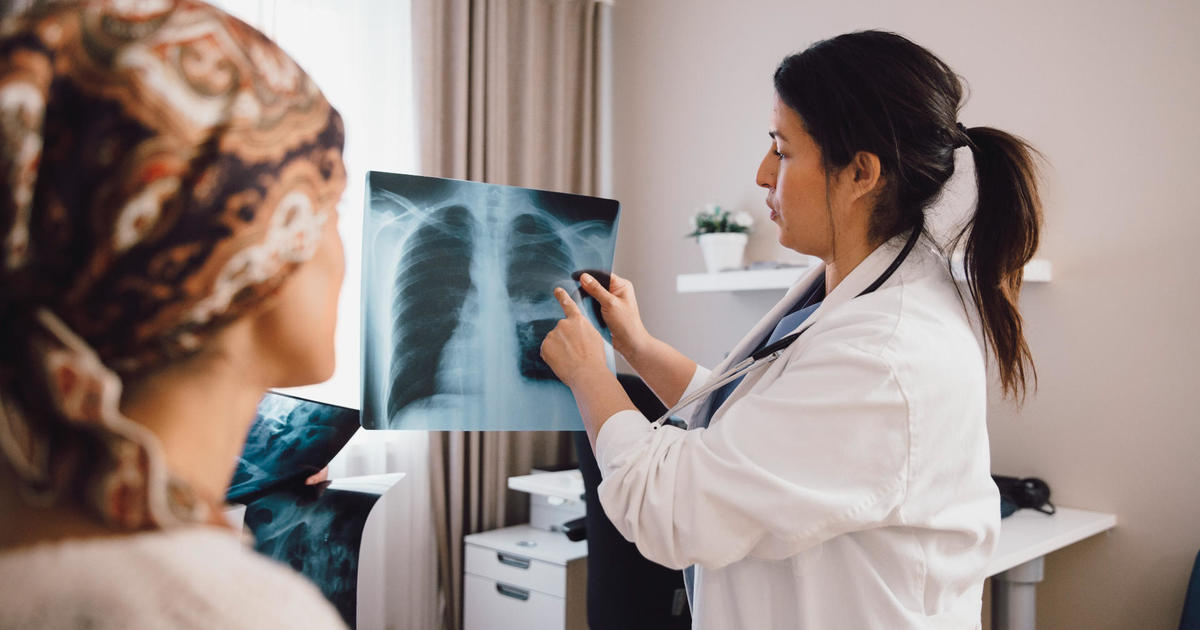ACS Changes Breast Cancer Screening Guidelines
BOSTON (CBS) - There is brand new advice from the American Cancer Society regarding breast cancer screening in today's Journal of the American Medical Association (JAMA). Dr. Mallika Marshall spoke to a local expert about the new guidelines.
"I get mammograms every year on a yearly basis and I've been starting since age 40," says Katrina Harris of Braintree. She says that's because that was the advice of the American Cancer Society (ACS), but no longer. For the first time in 12 years, they're changing their guidelines.
The ACS now recommends that average risk women begin screening at the age of 45, get annual mammograms until 55, and then get them every other year.
The new recommendations from the ACS are falling more in line with those of the U.S. Preventative Services Task Force, a group of experts who make recommendations about screening tests. Where the two organizations still differ, however, is with women ages 45 to 55.
The Task Force suggests screening every other year starting at age 50. So which guidelines should women follow?
"There is probably no one size fits all answer to the question of 'should I have a mammogram?'" says Dr. Nancy Keating, a primary care physician at Brigham and Women's Hospital who co-wrote an editorial about the new guidelines.
"Women in their late 40s and early 50s have a generally relatively low risk of developing breast cancer and a very low risk of dying from breast cancer, but it's not zero, and we have a test, mammography, but it's not a perfect test," says Dr. Keating. "The best evidence suggests that mammography decreases the likelihood of dying by about 15%," she adds.
That means many women don't actually benefit from having regular mammograms.
"It would be really nice if we had a screening test that dropped your risk by half or by 75%. Then we'd have a bigger impact," says Dr. Keating.
Until a better test comes along Dr. Keating says women should keep talking to their doctors.
"We increasingly recognize the limitations of this test and the importance of interacting and helping patients make this decision with our support and advice," says Dr. Keating.
Katrina says she has no plans to change her behavior. "Even when I do reach 55, I will still annually receive my mammograms," she says.



